Nearly 11 years after its unveiling, the Lamborghini Aventador is destined for retirement and the commemorative Ultimae edition will serve as Sant’Agata’s final non-electrified V12-powered production car – the last in a line of top-rung sports cars that stretches back to the 350 GT of 1964.
The Aventador’s successor, launching in 2023, will retain the 12-cylinder motor, but it will make the landmark shift to plug-in hybrid power and be joined on sale by a raft of other electrified models, including an all-new, four-seat pure EV in the coming years.
We caught up with Lamborghini boss Stephan Winkelmann to hear how he will lead the Italian brand through this transformative era.

How do you feel about Lamborghini’s V12 becoming electrified?
“There’s a lot of emotion attached to that. There is also one very personal reason: this [the Aventador] was the first car, back in 2011, which I pulled up from the very beginning. We started development of the car in 2007, so I have a very special relationship with the Aventador. It is the most successful V12 car we’ve ever produced, and it’s a car which has a lot of incredible versions. Yes, it’s tough to let go but I think the Ultimae is the last of a kind. It’s something very special. It’s limited so our customers will appreciate it.”
Is this the end of an era?
“I wouldn’t speak in eras. We’ve been through an evolutionary process in the automotive business and now you have the revolution. It’s very different to what we had before. I think we have to have the capability to adapt. We need to change and this is something that is paramount to the success of tomorrow. You have to perform better than before. This is one of the rules of our business at Lamborghini. Every generation has to be better than the previous one. In terms of CO2 emissions, it is an important change, but we are convinced that this is going to work. The plug-in hybrid car which will follow the Aventador will have a V12 engine, and so the sound and the history will stay alive.”
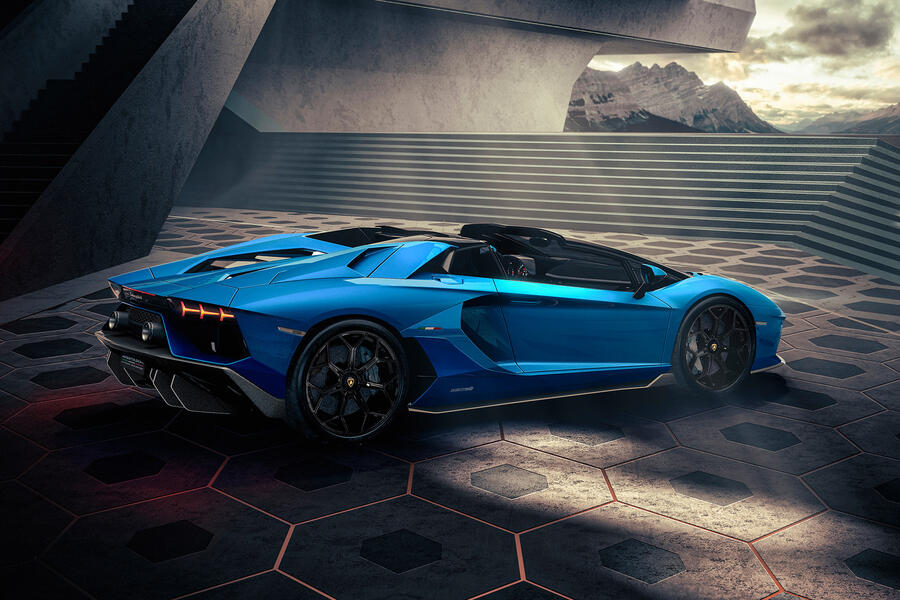

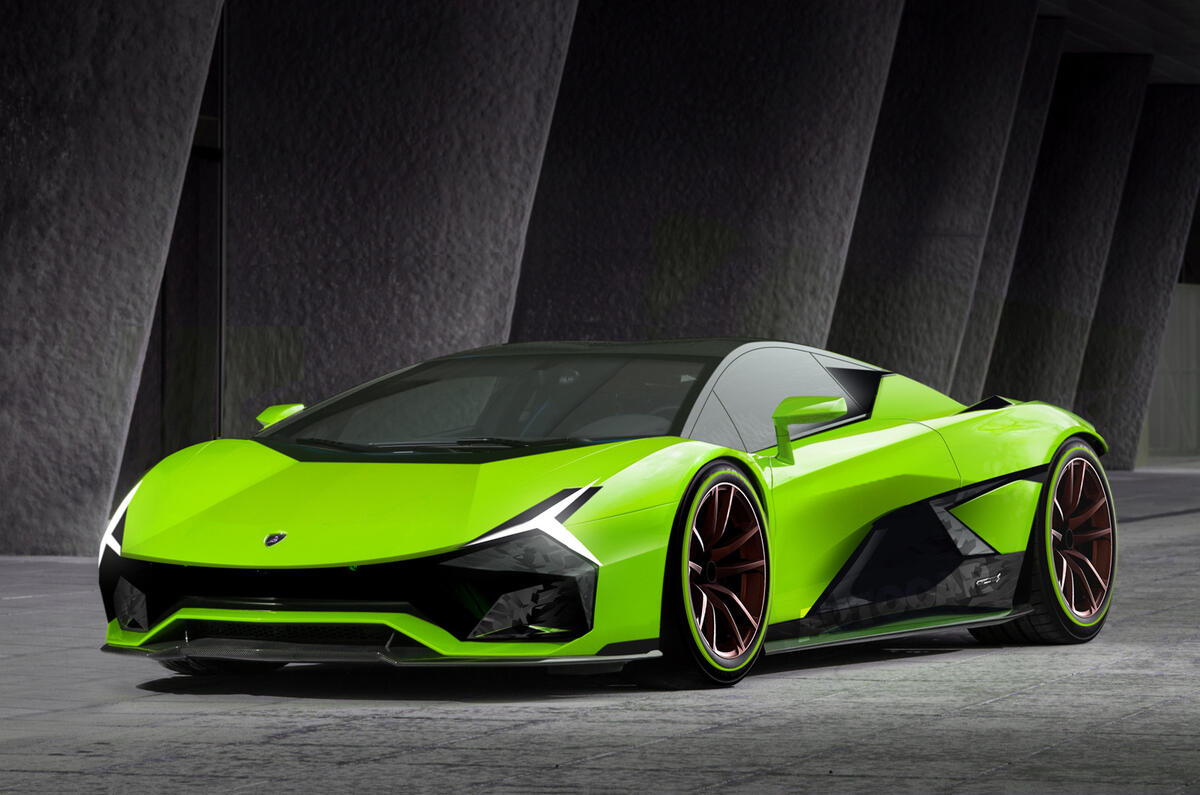
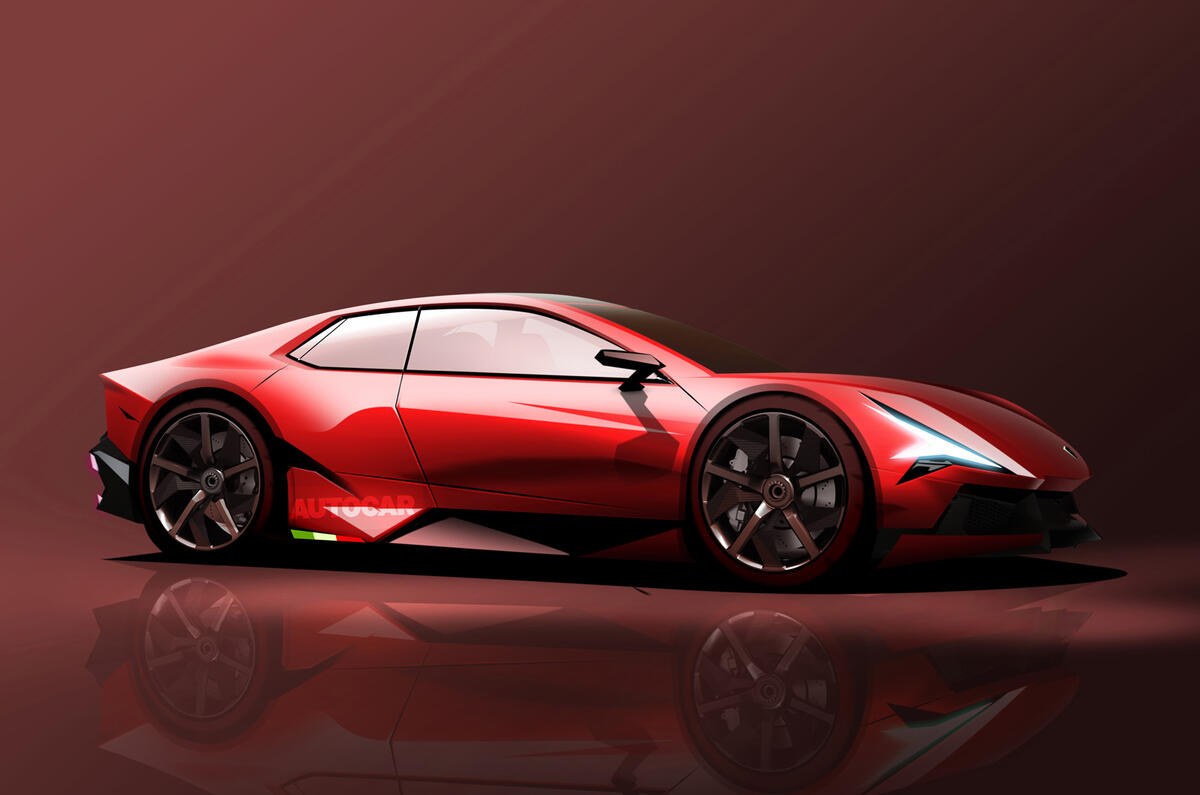

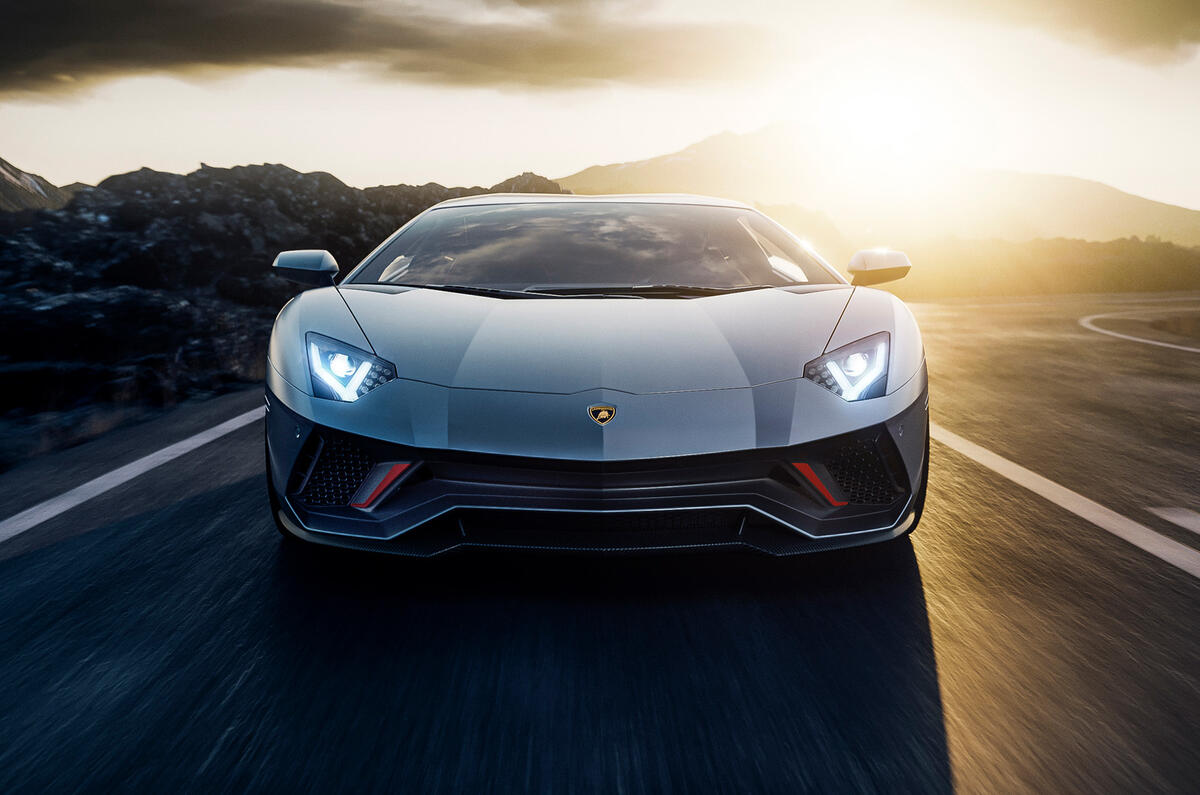
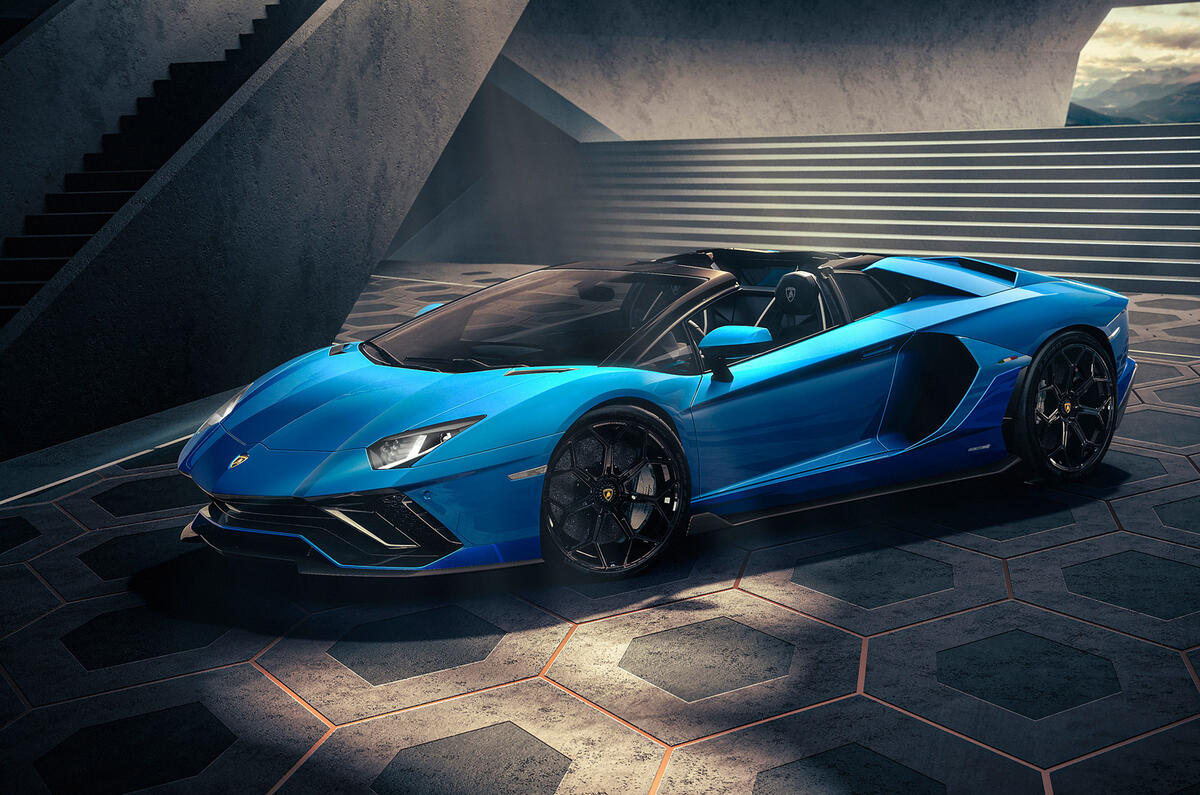
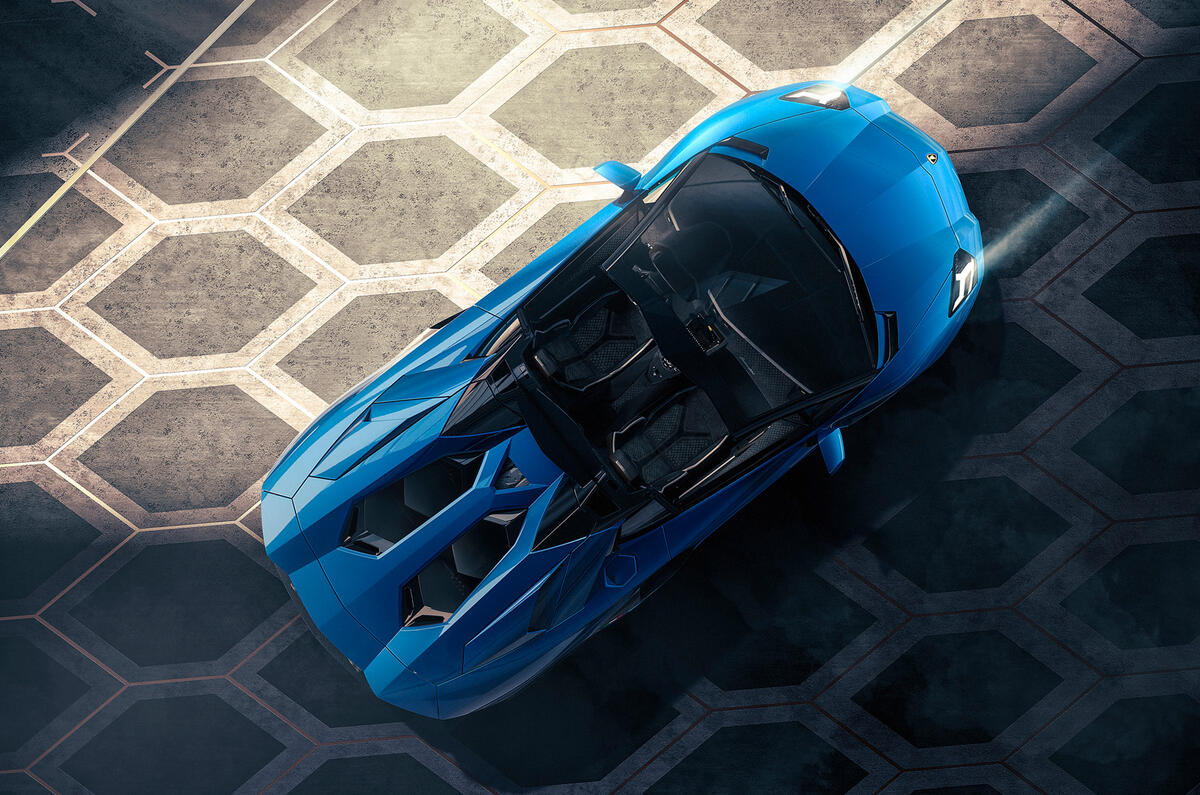
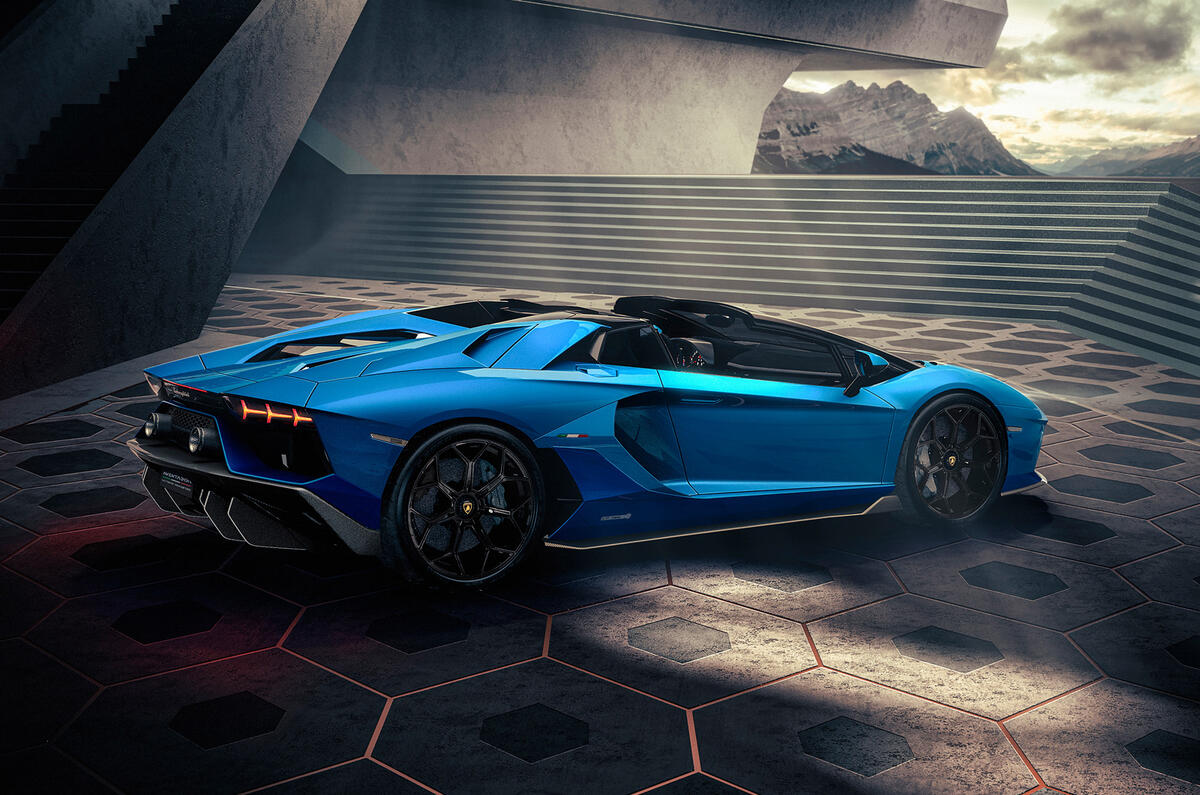
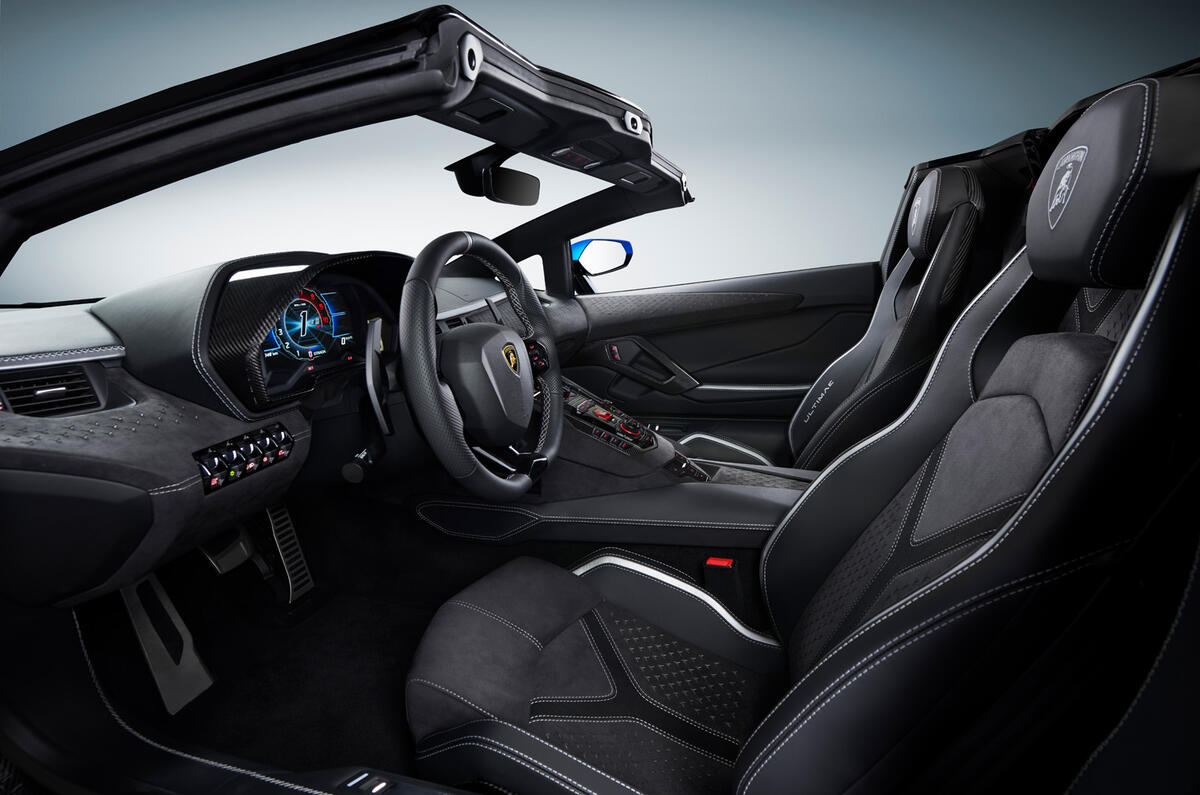
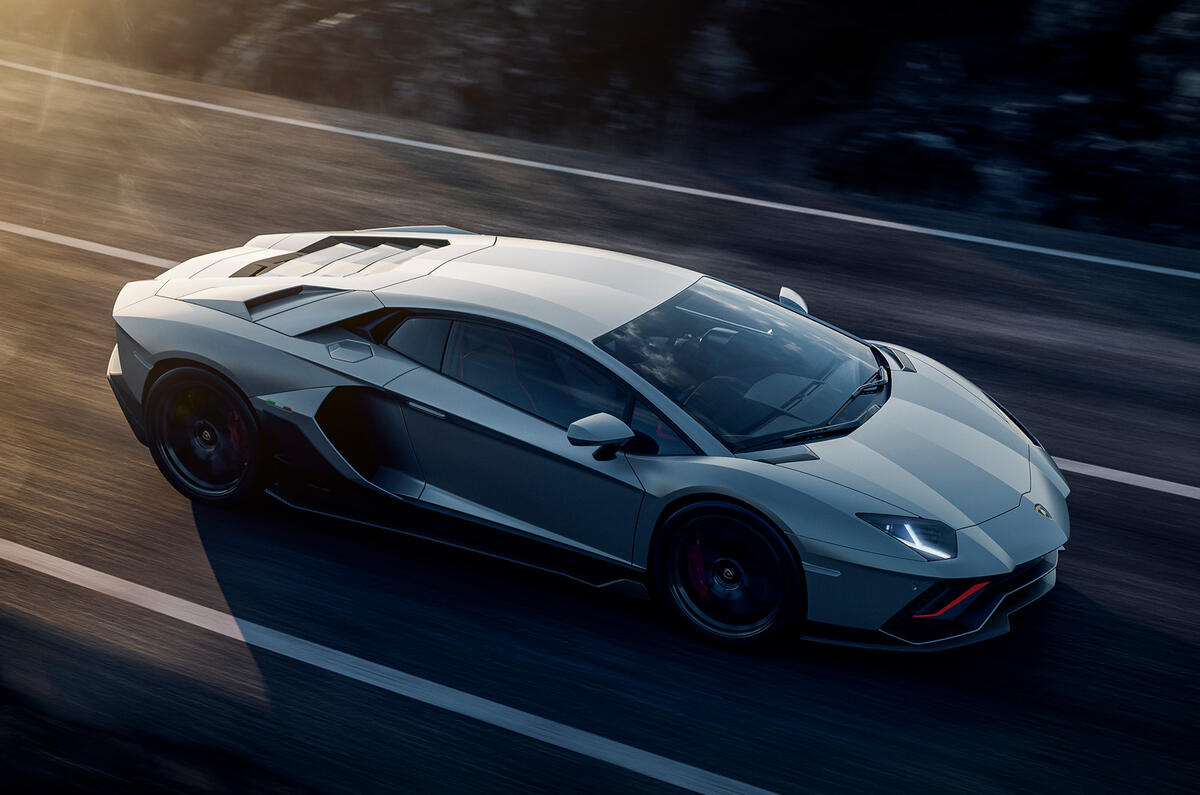
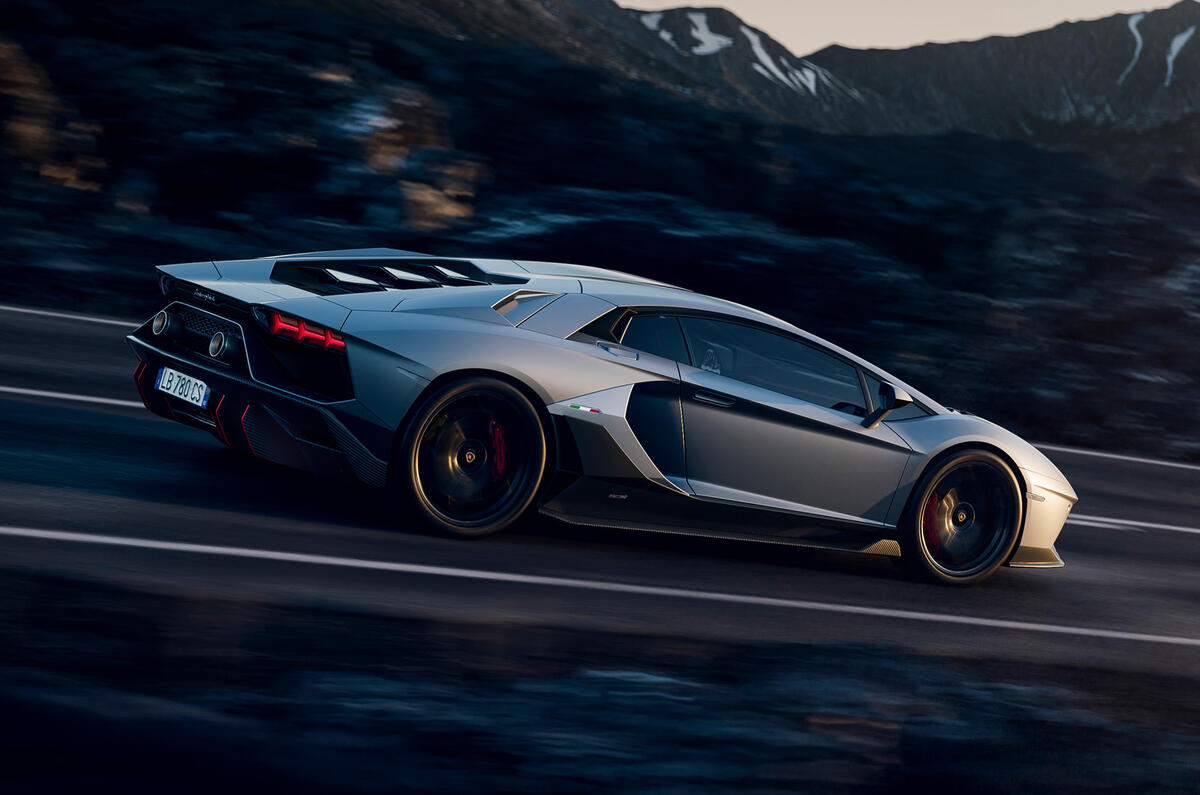
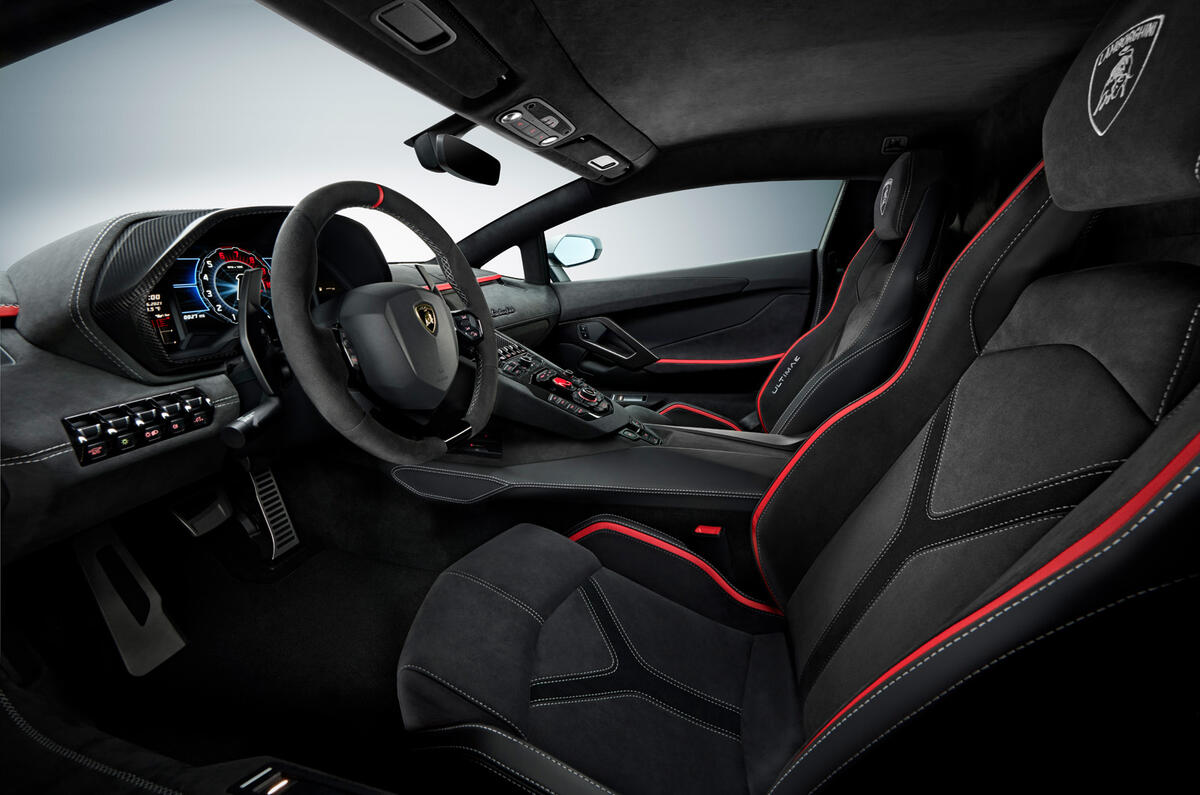
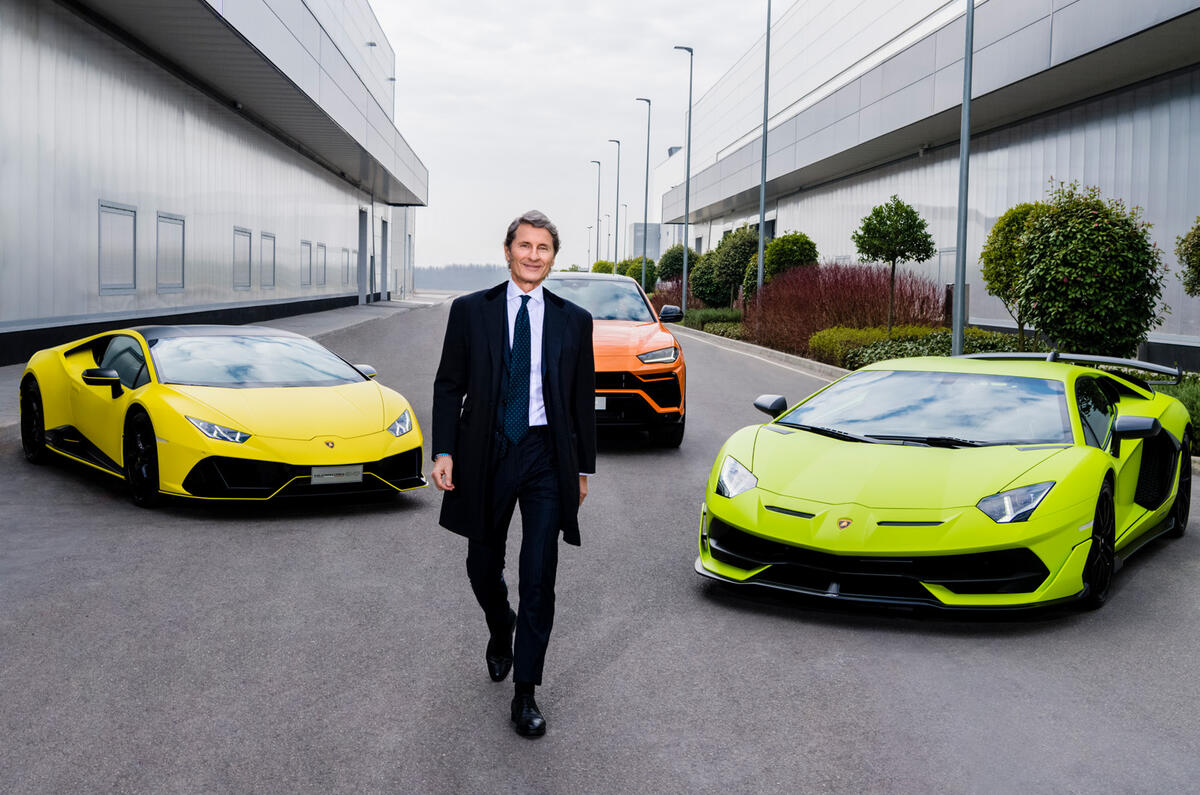
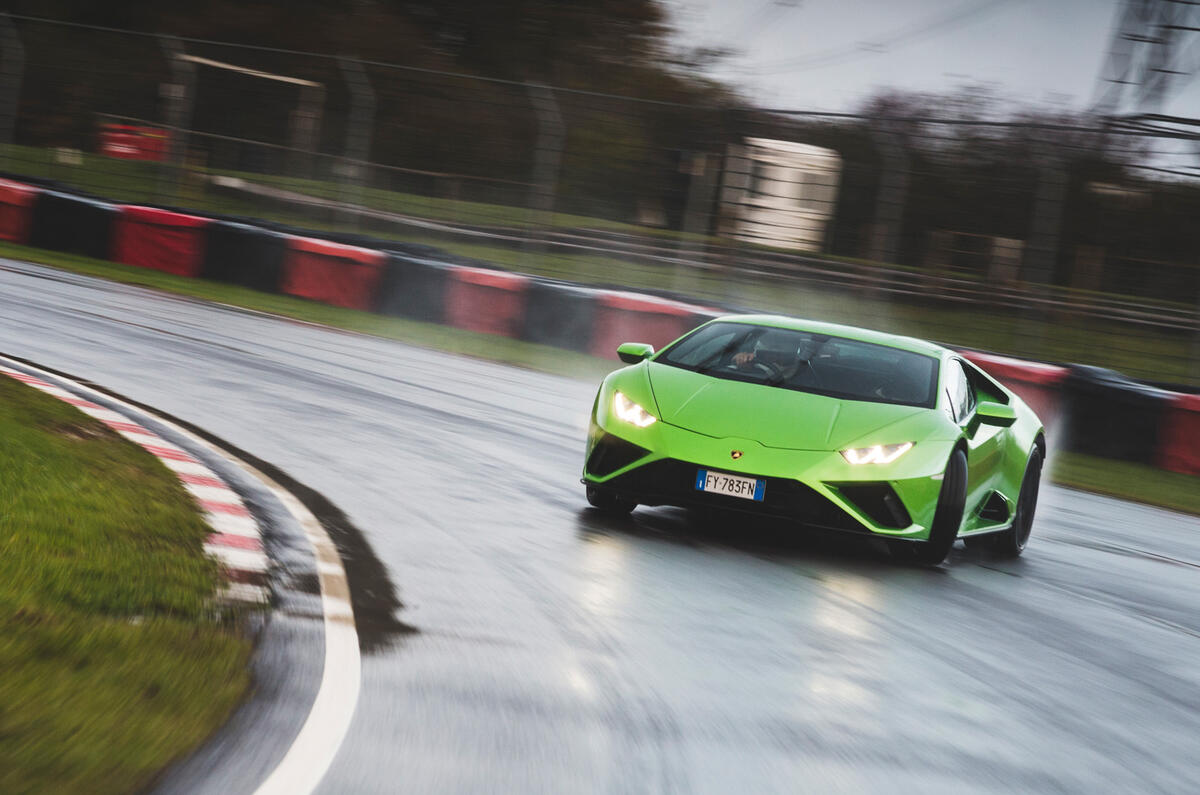

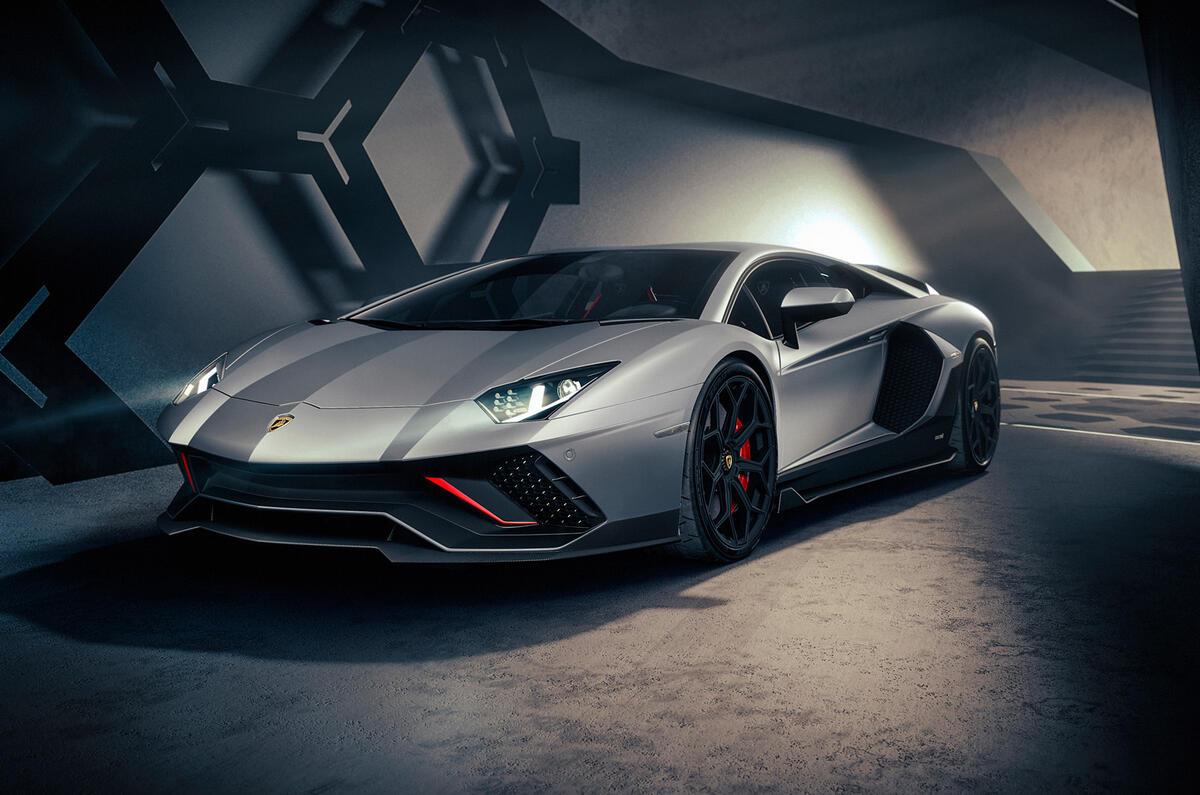
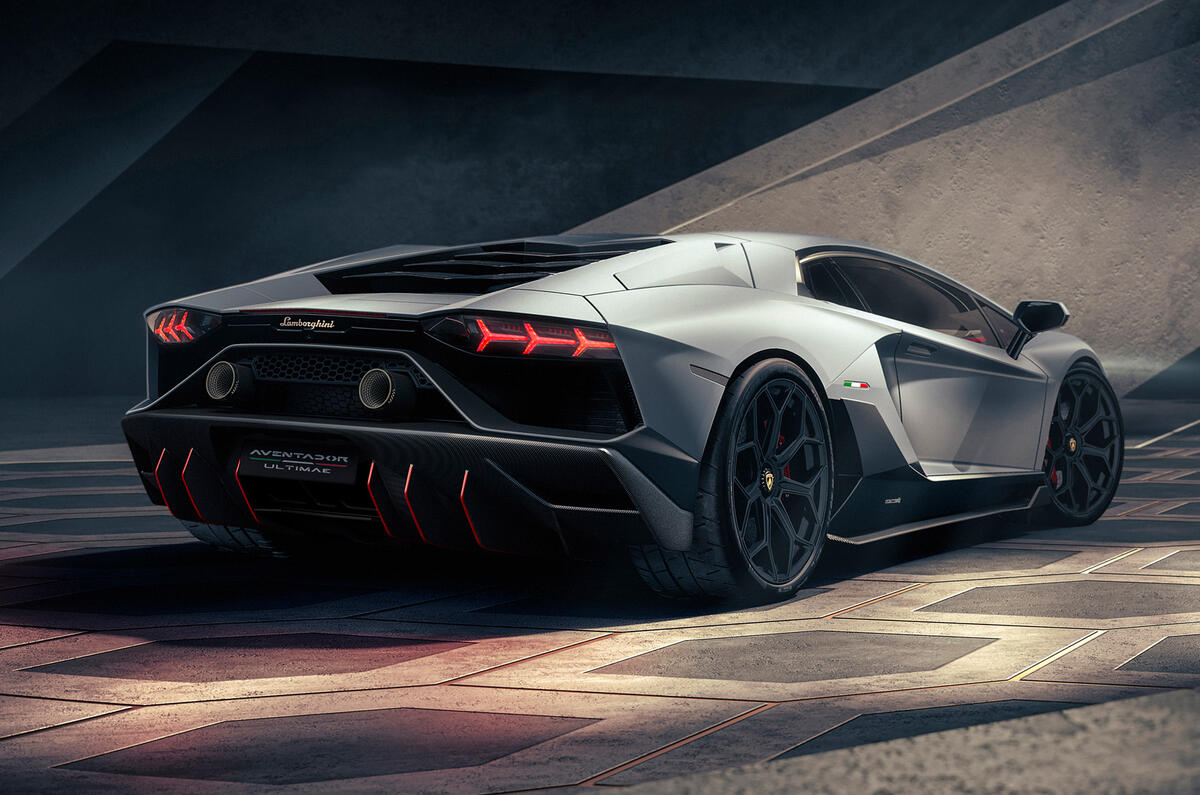
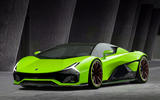
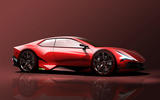

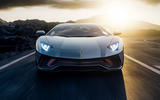








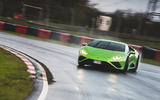




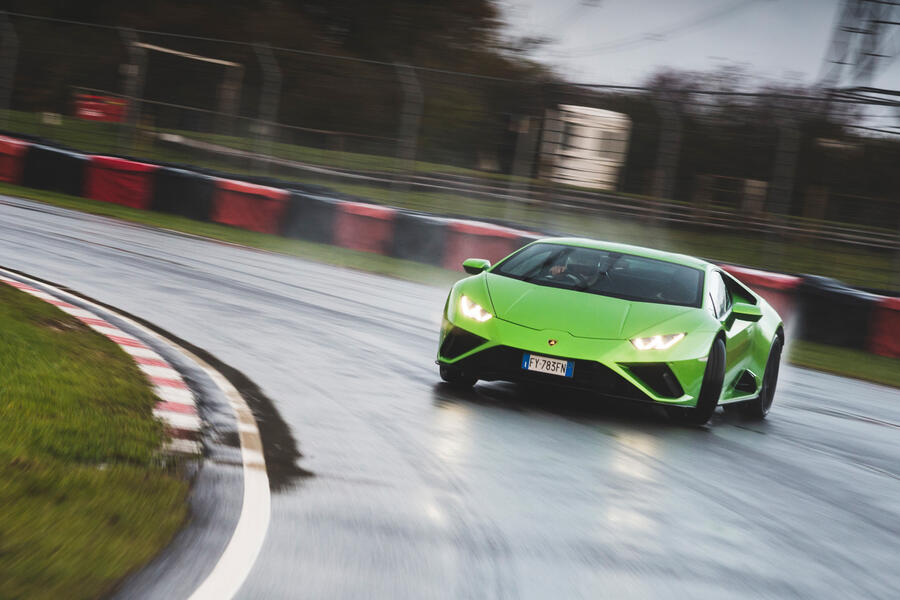
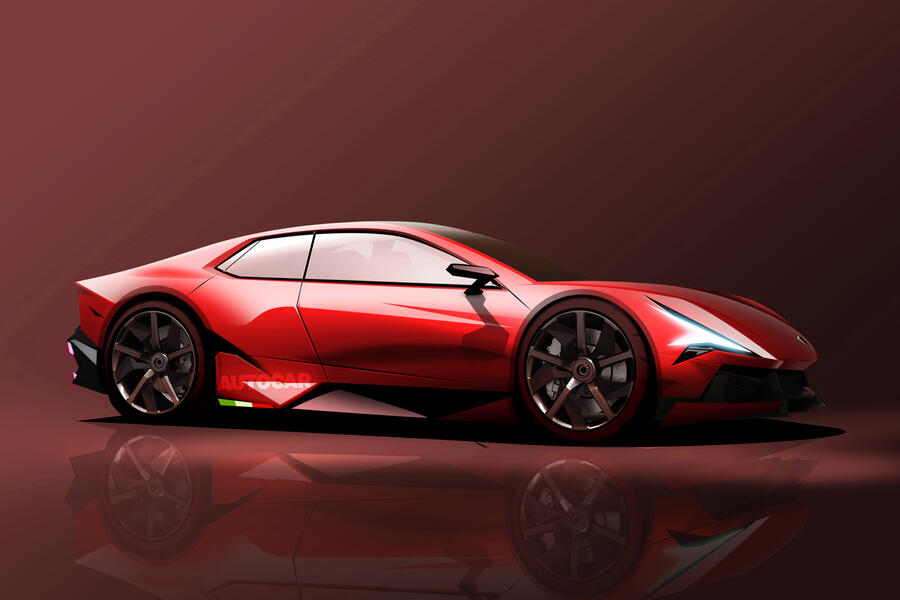





Add your comment